The Plastic Curve Generator Plugin
The significance of having a well-defined material model in finite element analysis lies in its impact on accurately representing the behavior of the material being analyzed. A well-defined material model is critical for accurately predicting the response of a structure or component, reducing development costs, and ensuring the safety and reliability of the design.
The Plastic Curve Generator plugin helps the Abaqus user with the metal material model calibration process. The input data can be either:
- Engineering stress-strain curves,
- True total stress-strain curves, or
- True plastic strain-stress curves.
It makes automatically all the conversions needed from the input data, giving the user the total true stress-strain curve, stress-strain plastic curve, and output stress-strain curve, which is obtained according to the selected law. The plastic flow laws to generate plastic curves available are:
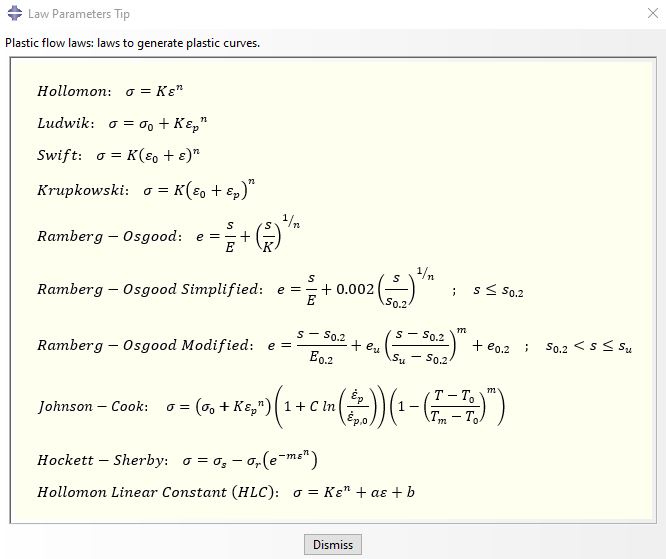
- Hollomon
- Ludwik
- Johnson Cook
- Swift
- Krupkowski
- Ramberg-Osgood
- Ramberg-Osgood Simplified
- Ramberg-Osgood Modified
- Hockett-Sherby 1
- Hollomon Linear Constant (HLC) 1
The Plastic Curve Generator plugin allows Abaqus users to plot the curves calculated against input data to visually compare and give information about the error, R-square, and Chi-Square (depending on the selected law). In addition, it calculates the law constants to use by the Abaqus application user.
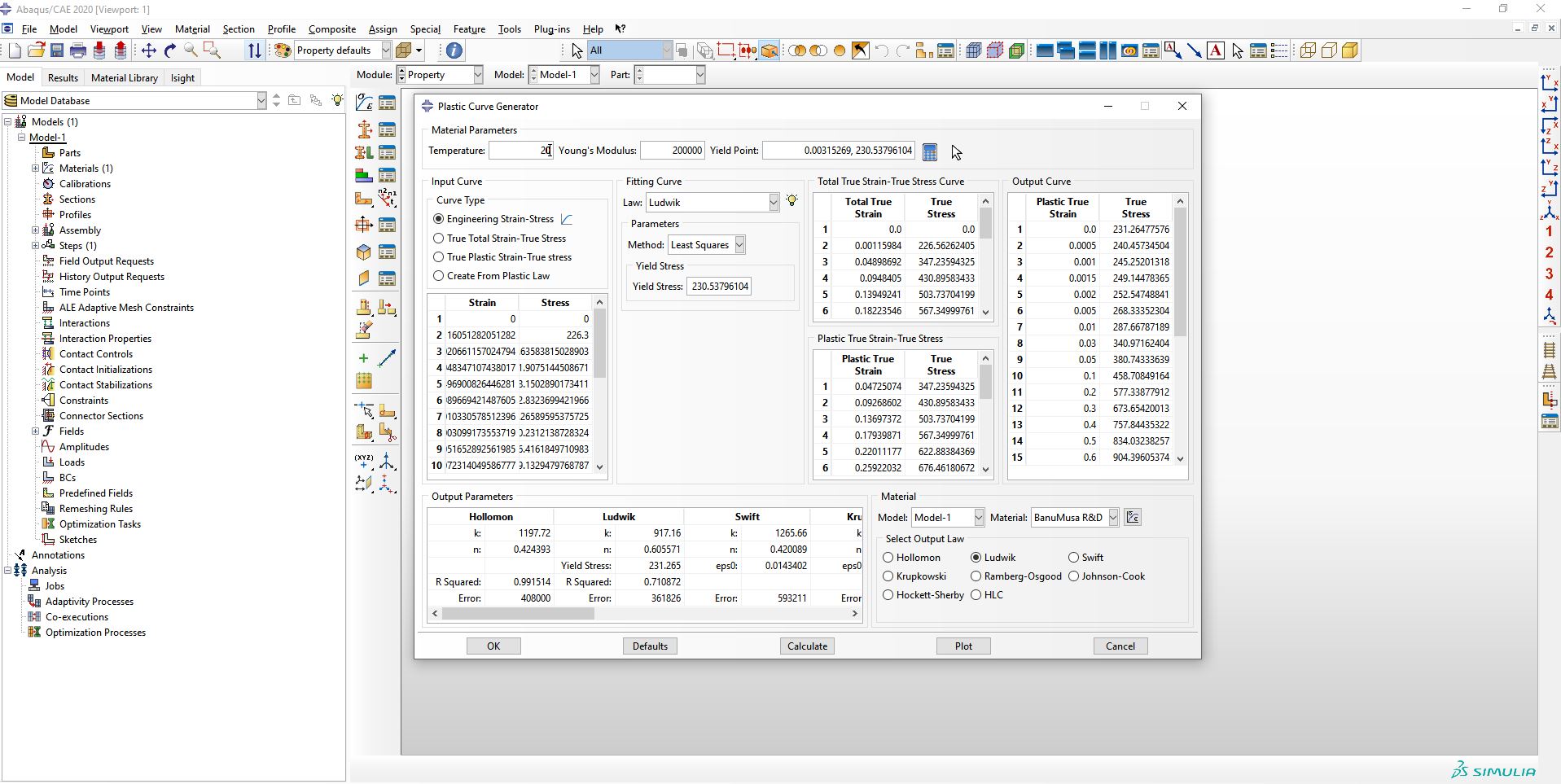
Different ways to obtain the constants are implemented in the Plastic Curve Generator plugin and for Hockett-Sherby and HLC laws, the plugin makes it easy for the Abaqus user tool to create the specimen to be simulated. it is based on an iterative process to fit FEM results to experimental data. That is, to determine the plastic constants, the material constants are determined by making a virtual laboratory specimen and using iteration with the FEM method.
Is a good complement to define material properties for metal forming simulations, like bending simulations from the Bending Pipe plugin.
There are different fitting methods in this plugin, which can be mentioned:
- Least squares
- From UTS points
- from two points
- SLSQP
- Curve fit
- Low yield stress
- Iteration by FE method
For the iterative method, the plugin has a library of standards including the following:
- ASTM A370
- ASTM E8/E8M
- ASTM D638
- ISO 6892-1
- JIS Z2241
In addition to these standard specimens, the Abaqus user can add other specimens. These standards are shown in the figure below.
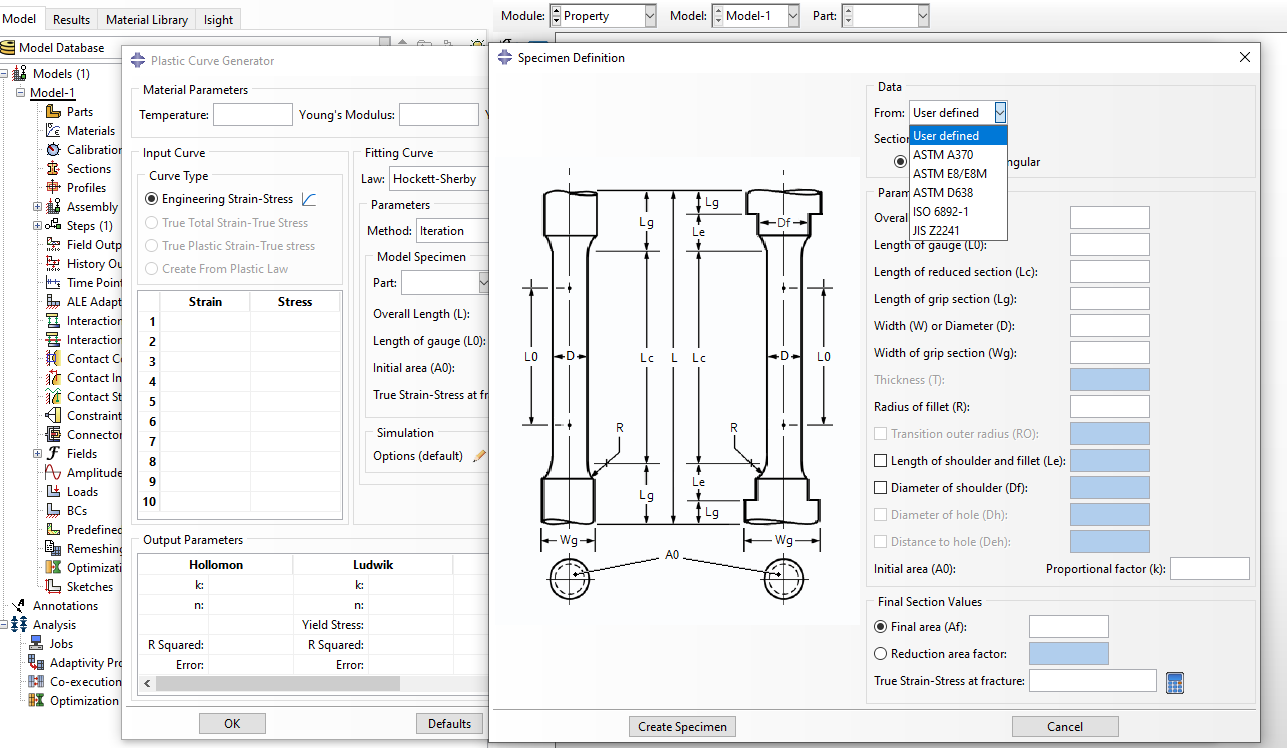
For the iterative method, the user can choose custom settings according to the type of simulation, which are shown in the figure below.
Examples/Workshops
Workshop 1: Ductile Damage Model Calibration for Quasi-static Analysis in Abaqus
The article discusses the calibration of a ductile damage model for quasi-static analysis in Abaqus. It highlights the importance of having a well-defined material model and the challenges in defining the material properties. The article presents two procedures for calibrating the damage model based on accessible data, such as engineering strain-stress curves. The procedures are evaluated using data from a tensile test on AISI304 SS, and the results are compared against the original engineering strain-stress curve and fracture point. Download
Workshop 2: Strain Rate Effect Johnson-Cook Material Calibration
In this workshop, the strain rate-dependent constants of the Johnson-Cook law are determined using 25 experimental tests at different strain rates using the PDG plugin.
PCG Plugin is for:
- Engineering or science students and professionals who need to calibrate metal test data for Abaqus simulations
- Advanced students, Ph.D. students, or researchers for their Abaqus FEA projects
- Any Abaqus Application Engineer who is involved with various simulation projects daily
What you’ll gain
- You will be able to calibrate metal test data by nine methods to use in Abaqus projects
___________________________________
1 Iteration process, simulating a specimen, which allows the creation of a true stress-strain plastic curve in the complete strain range (uniform and non-uniform strains) until fracture.
Need help? Get a consultation from our experts.

Telegram: +98-915-55-20-388
WhatsApp: +98-915-55-20-388
Find Us on WeChat

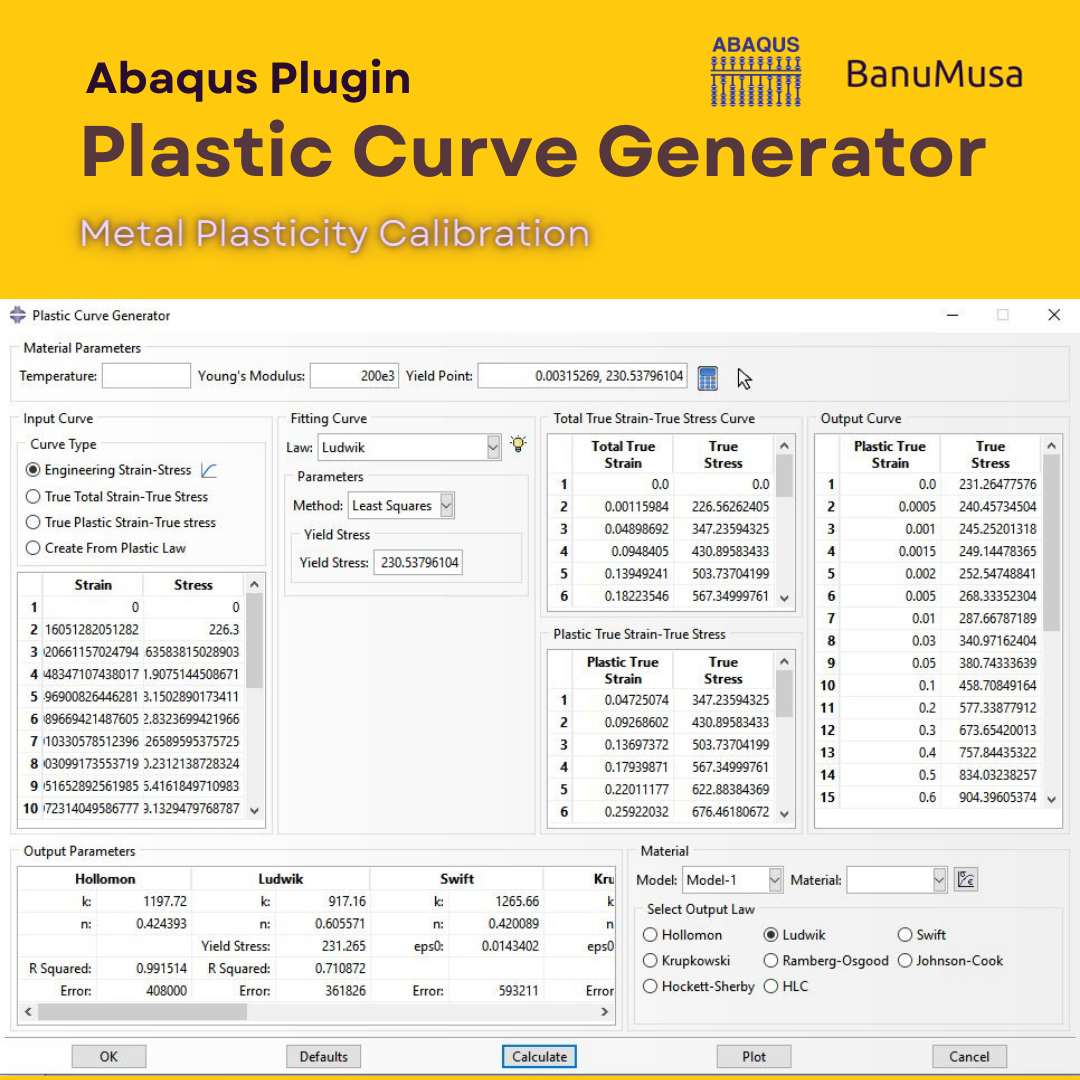
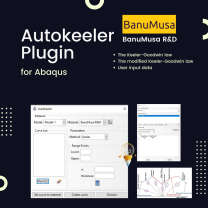
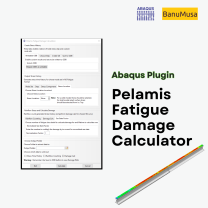
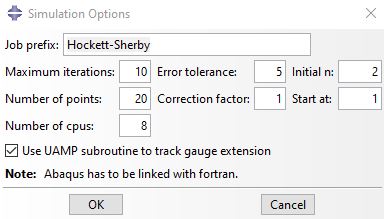
 We’re fully confident in the value and reliability of the product. If for any reason you are not completely satisfied, email us at
We’re fully confident in the value and reliability of the product. If for any reason you are not completely satisfied, email us at 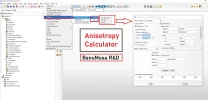



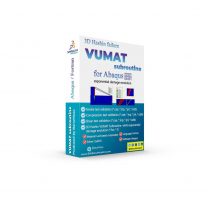
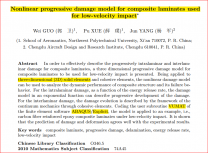
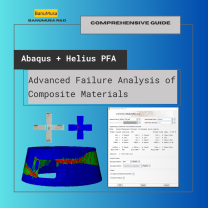
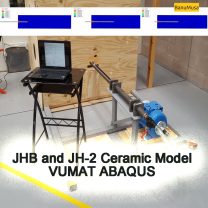
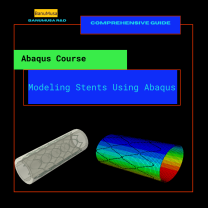

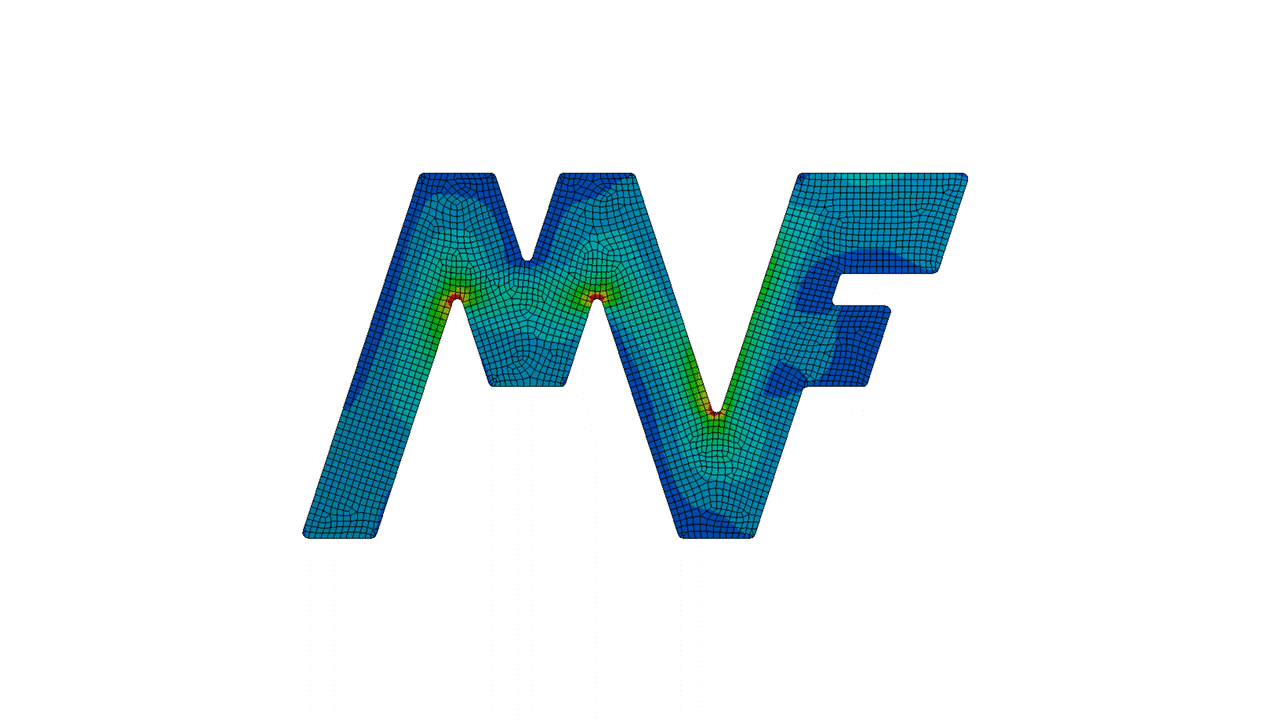

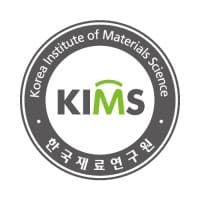



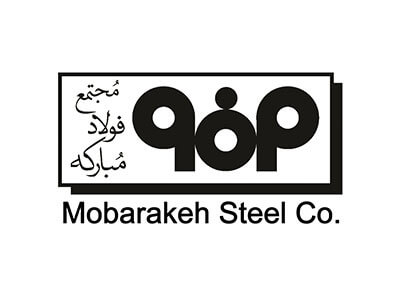

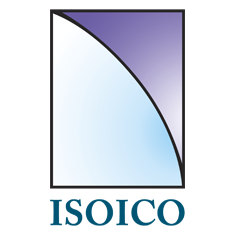



Reviews
There are no reviews yet.